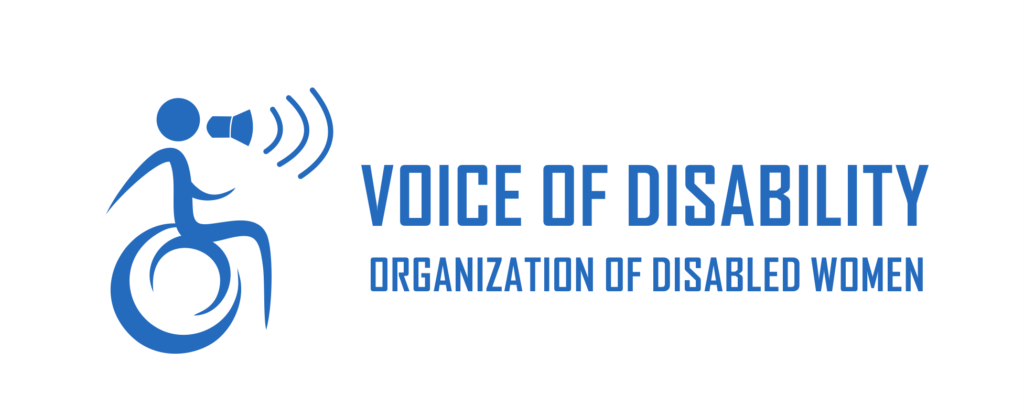
Develop and Implement Empowerment Programs – Unleashing the Potential of Disabled Women
Disabled women are a powerful force, often overlooked and undervalued. Their resilience, determination, and unique perspectives are invaluable assets to our communities. To harness this potential and create a more inclusive society, it is imperative to develop and implement comprehensive empowerment programs tailored to their specific needs.
Understanding the Barriers
Before we can effectively empower disabled women, we must acknowledge and address the systemic barriers they face. These include:
- Attitudinal barriers: Negative stereotypes, prejudices, and discrimination limit opportunities and create a hostile environment.
- Environmental barriers: Lack of accessible transportation, buildings, and public spaces hinder participation in daily life and limit independence.
- Economic barriers: High unemployment rates, low wages, and limited access to financial resources perpetuate poverty and dependence.
- Healthcare disparities: Inadequate access to quality healthcare, including reproductive health services, impacts overall well-being and quality of life.
Crafting Comprehensive Empowerment Programs
Empowerment programs should be designed with a holistic approach, addressing multiple aspects of disabled women’s lives. Key components include:
- Education and skill development: Providing opportunities for education, vocational training, and life skills development to enhance employability and self-sufficiency.
- Economic empowerment: Supporting entrepreneurship, job placement, and financial literacy to increase economic independence.
- Health and wellness: Promoting physical and mental health through accessible healthcare, wellness programs, and support services.
- Leadership development: Cultivating leadership skills and creating opportunities for disabled women to take on leadership roles in their communities.
- Advocacy and activism: Empowering women to become advocates for their rights and to participate in decision-making processes.
- Peer support: Building strong support networks among disabled women to foster resilience and shared experiences.
Implementation and Evaluation
Successful implementation requires collaboration with disabled women themselves to ensure programs are relevant and effective. Key considerations include:
- Accessibility: Ensuring all program components are accessible to women with diverse disabilities.
- Inclusivity: Creating a welcoming and inclusive environment that respects the unique experiences of disabled women.
- Sustainability: Developing long-term strategies for program sustainability and impact.
- Evaluation: Regularly assessing program outcomes and making necessary adjustments to improve effectiveness.
By investing in the empowerment of disabled women, we not only uplift individuals but strengthen our communities as a whole. Let’s work together to create a world where all women, regardless of ability, can thrive and reach their full potential.
